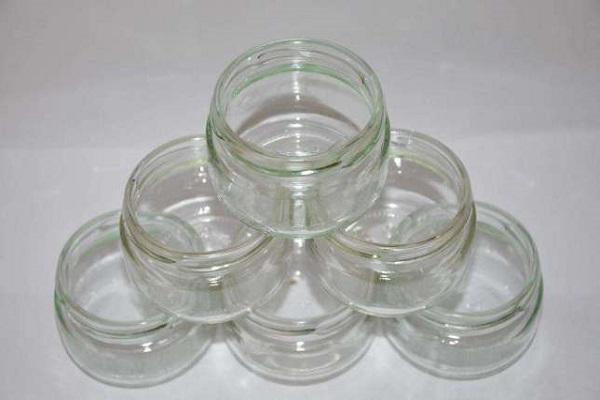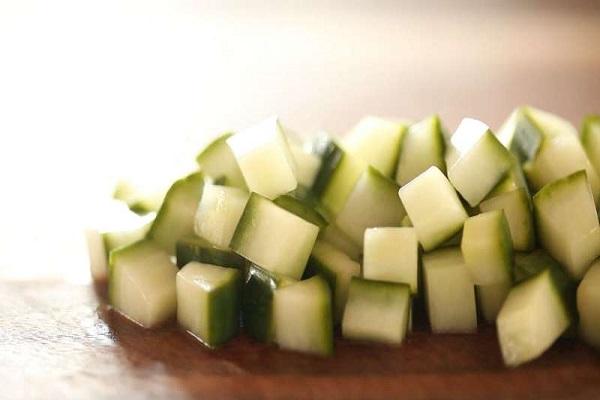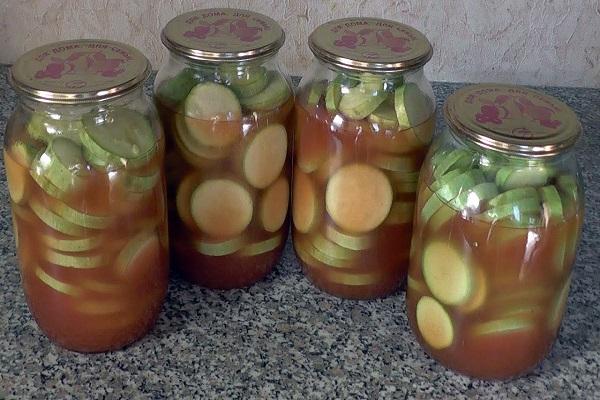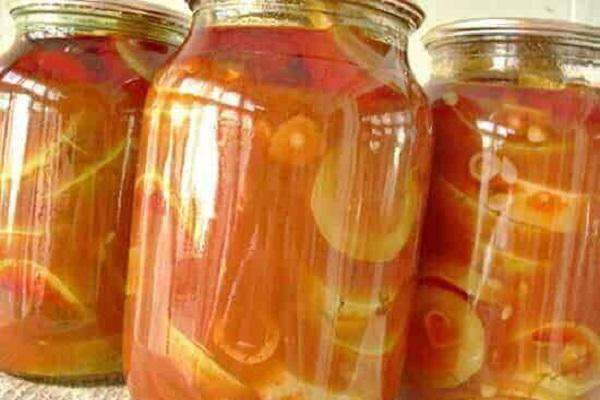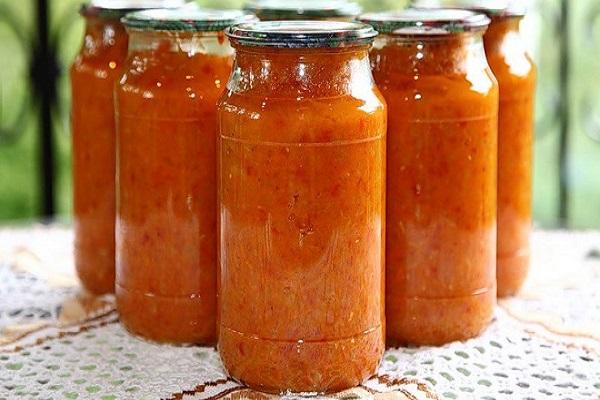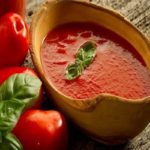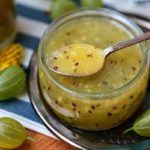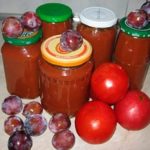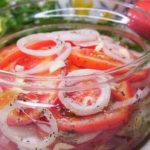The long-awaited vegetable ripening season has arrived. Most housewives try to take advantage of rich harvests and low prices for various vegetables in order to make as many winter preparations as possible. To process large quantities of tomatoes, experienced chefs have long mastered the methods of preparing homemade sauces, but many are not familiar with the recipe for zucchini ketchup for the winter.
Taste characteristics of zucchini ketchup
When making preparations for the winter, every housewife always uses seasonings, herbs and spices, based on the taste preferences of the family and loved ones.
To prepare zucchini-based ketchup, various flavorings and vegetables are also used.
Serving rules
Thanks to its delicate taste, the sauce is suitable not only as an additional seasoning for meat, vegetable and fish dishes, but also as a separate appetizer.
What you need for cooking
To prepare delicious ketchup, it is enough to use the general rules for winter preparations.
- For canning you will need glass containers and lids for sealing. The jars are carefully inspected for chips and damage, then washed and sterilized in a convenient way.
- It is best to choose a wide pan with low sides for cooking sauce. In this case, excess moisture will evaporate faster and the sauce will acquire a thick consistency.
It is best to store prepared ketchup in small jars so that the product in an open container does not spoil.
Preparing the main ingredients
Before starting cooking, the ingredients should be prepared.
Preparation rules:
- Zucchini is washed under running water and cleared of skin and seeds.
- Next, the vegetables are chopped in a convenient way. The zucchini can be passed through a meat grinder, grated or chopped in a blender.
- Additional ingredients for ketchup are also prepared.
If fresh tomatoes are added to ketchup, it is recommended to remove the skins from them, or rub the vegetables through a fine sieve.
Recipes and sequence
There are several ways to prepare zucchini ketchup for canning for the winter.
Traditional recipe
To prepare sauce with zucchini and tomatoes according to a traditional recipe, you will need:
- fresh zucchini – 2 kg;
- fleshy tomatoes – 1500 g;
- root vegetables of carrots and onions – 300 g each;
- head of garlic;
- vegetable oil – 200 ml;
- salt – 70 g;
- sugar – 100 g;
- spices and seasonings are selected based on taste preferences;
- table vinegar for preservation – 30 ml.
The ingredients for the sauce are cut into small pieces. Fry tomatoes, onions and carrots in vegetable oil for 10-15 minutes, then add garlic, zucchini and spices. Simmer the vegetable mixture over low heat until thick. As soon as the ketchup has thickened, vinegar is poured into it, mixed with salt and sugar and passed through a fine sieve.
The finished sauce is placed in prepared containers.
A simple way to prepare for the winter
To prepare the sauce in a quick way, use tomato paste instead of tomatoes. For 1 kg of vegetables, add 500 ml of paste. Otherwise, the cooking recipe is no different from the previous one.
With onion
To make the taste of the sauce richer and brighter, add 500 g of onions per 1 kg of zucchini. The vegetables are peeled, chopped, seasoned with sugar and salt, and the finished mixture is left for 6-8 hours. After which the ingredients are seasoned with spices and boiled until thick.
The finished ketchup is placed in containers and sterilized.
With garlic and herbs
In the traditional recipe for making zucchini ketchup, you can add a whole head of garlic and a bunch of herbs. This sauce will appeal to kebab lovers.
With hot sauce
To give the dish a spicy taste, instead of tomato paste, chili sauce is added to the zucchini ketchup.
With Korean seasoning for carrots
For lovers of Korean pickles, seasoning for Korean dishes is added to the sauce instead of spices and herbs.
Duration and storage conditions
The shelf life of the preparations differs from the cooking method. If the winter preparation is prepared according to all the rules and is sterilized, then the container with vegetable sauce can be stored for up to 2 years.
Without heat treatment, canned food is stored in the refrigerator for no more than 3-4 months.

